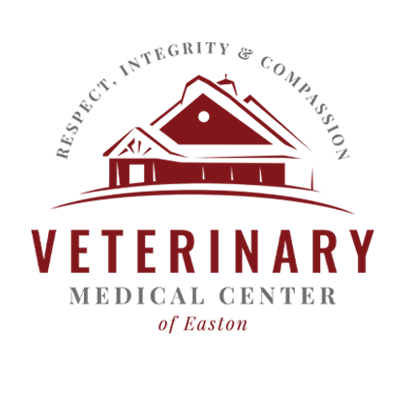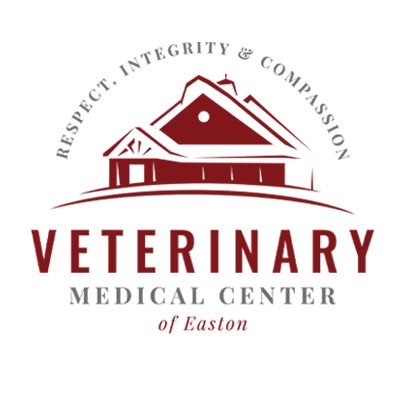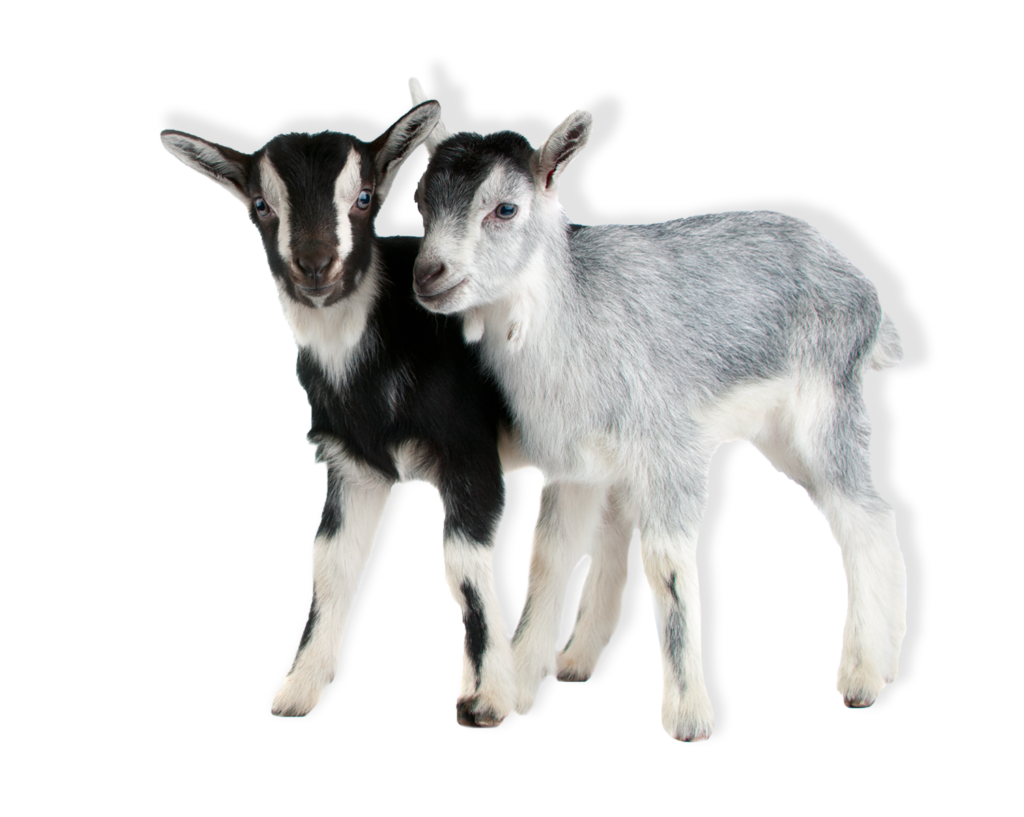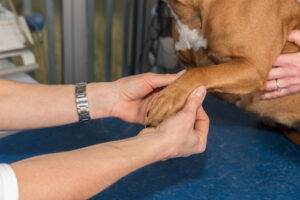One of my greatest joys so far in this job has been helping hobby farmers with their herds and flocks. I love working with these clients because they have so much love for their animals and want to know as much information as possible about health and welfare. I really enjoy listening to our clients’ goals for their animals and then providing support for any problems that come up.
The first thing I do when I meet a new client is get to know their housing, nutrition, and preventative medicine plan. I wanted to provide my typical “spiel” in a public place so everyone has access to the basics. You can give us a call to schedule a farm visit for a consultation during which we can advise on all the following subjects as they relate to your animals and your needs.
Housing
Orthopedic or lameness problems are common issues for farm animals. Instances of injury, arthritis, foot rot, or bumble-foot can be minimized by good, safe housing. Individual results may vary – lambs and kids are pretty wily and even the best fencing or barn siding can cause injury…
Sheep and goats need good sturdy fencing that is escape-proof. There should be no nails or wire jutting out that could cause injury and tetanus infection. Fill in “ankle-breaker” holes as they appear to keep the pasture nice and level.
Bedding in barns or coops should be cleaned regularly to decrease risk of parasitism and infectious disease, and to improve hygiene. Preferred type and depth of bedding varies by species but overall rules are: avoid potentially harmful substances, avoid substances that give off lots of fumes in enclosed housing, and keep depth somewhat thick to provide ample cushion.
Predators are managed differently for the species as well. Hens can be entirely protected by housing if they are enclosed on all sides in their coop/run (roof included! Ground level predators are not the only things that will try and get at your flock). Many of our clients will free-range their hens so if you choose to do that, I recommend locking them up at night when you are not watching them. Dog bite wounds are common reasons for hens to visit us for urgent care – please ensure your dogs do not think your small farm animals are for them to chase.
Nutrition
Feed is never a one size fits all. You shouldn’t feed your layer flock feed for meat birds nor should you feed your dairy goats feed that isn’t specifically for goats. Protein, fiber, macro and micro minerals, and caloric needs are different for each species and each “job” an animal might perform. Some animals are what I call “unemployed” and need very little or no grain besides good pasture, a nice grass hay, and a mineral block or mix. Wethers or bucks that aren’t breeding are a great example of “unemployed” animals and can actually suffer negative consequences if fed too much grain. Since they are getting more calories than they need they are at a higher risk of developing urinary stones and becoming blocked (not being able to urinate) as well as obesity leading to orthopedic problems.
Mixing scratch and pellets for hens can lead to malnutrition because they may preferentially eat the yummy scratch over their balanced pellets. This is problematic because scratch doesn’t provide balanced nutrition and they will often fill up on scratch and not eat their complete feed. Over time you will see the negative effects of malnutrition.
Preventive medicine
Yearly physicals are very important for us so we can compare the individual animal’s health from year to year. That wellness exam time is a perfect opportunity to correct any issues and hopefully prevent any avoidable emergency visits.
We will be checking FAMACHA scores on all sheep, goats, llamas, and alpacas that we see, and teaching you that skill if you don’t already feel comfortable. FAMACHA is a scale that was developed to estimate levels of anemia (red blood cell levels) which is a good indicator of how heavily parasitized a sheep, goat, llama, or alpaca is by pole worms, or Haemonchus contortus. This assessment will help your vet advise you on a deworming protocol for your herd.
I really really strongly advise against deworming every animal in your hobby farm on a regular basis without consulting a vet. There is a large amount of resistance to our traditional dewormers and frequent deworming without a protocol contributes to this problem. The bottom line: if there is resistance to dewormer(s) in your herd, it will be near impossible for me to help you treat a heavily parasitized animal when it comes time. By that point, the stakes may be life or death. Besides FAMACHA there are several other measures including regular and specialized fecal testing as well as management tools you can use to decrease parasite burden for your herd. Our large animal vets will help you develop a plan specific to the land and resources you have available.
Chickens also suffer from internal and external parasites. Good housing, hygiene, fecal testing as needed, and physical exams will help reduce the risk of heavy parasitism in your flock.
Other parts of the wellness visit include some combination of hoof trims, disbudding, castration, and vaccinations. Adult sheep, goats, llamas and alpacas should get yearly vaccines if appropriate. If you are breeding we may recommend boostering the females before giving birth as well as several boosters for the babies. Rabies should be given once yearly and can only be administered by a veterinarian. Other vaccinations are risk-based and a veterinarian can advise you on their use if necessary.
Give us a call to discuss your animals needs and we can schedule a farm visit consult or physicals on any animals of concern to help you maximize their quality of life as well as help you achieve your farm goals!
Dr. Eliana Greissworth, DVM





